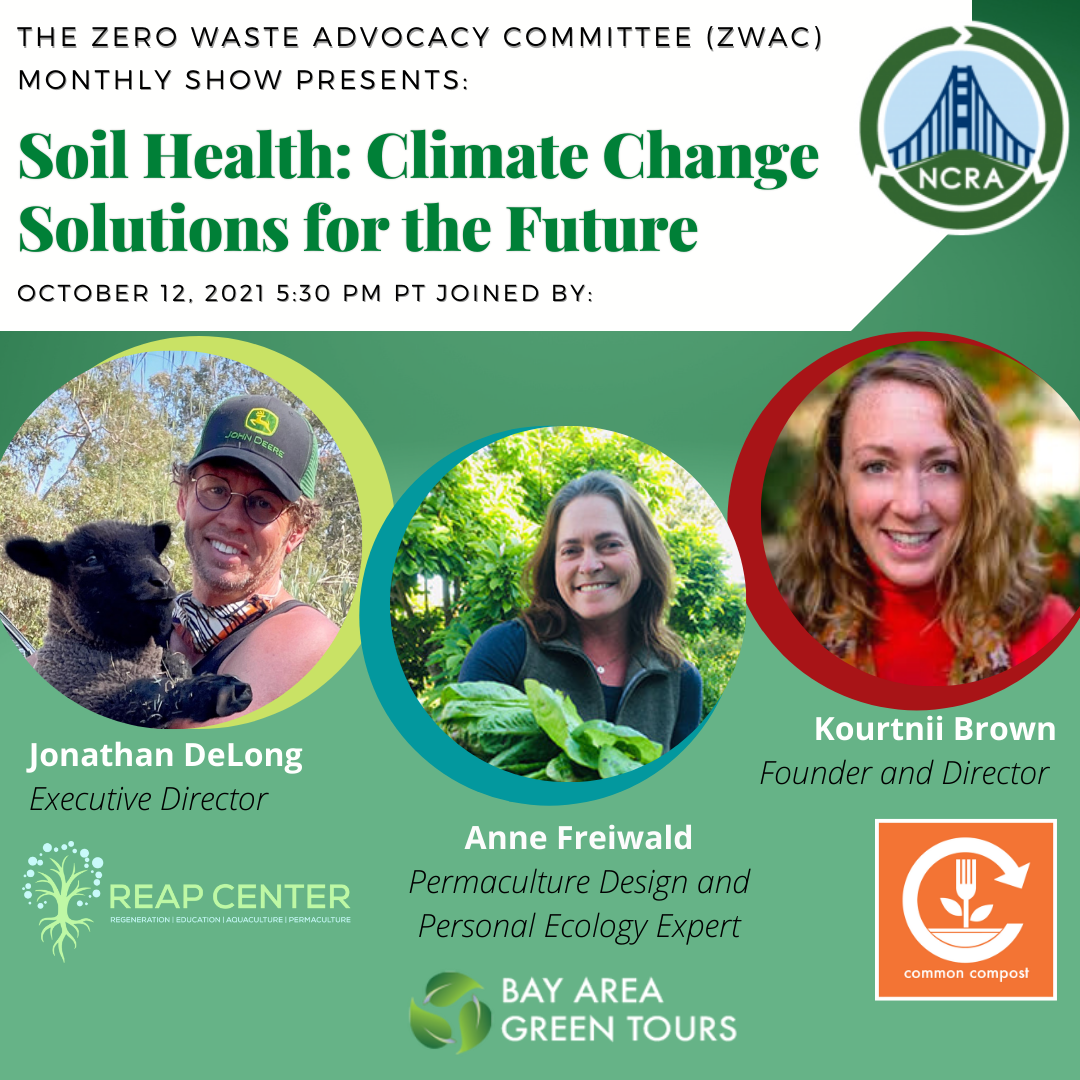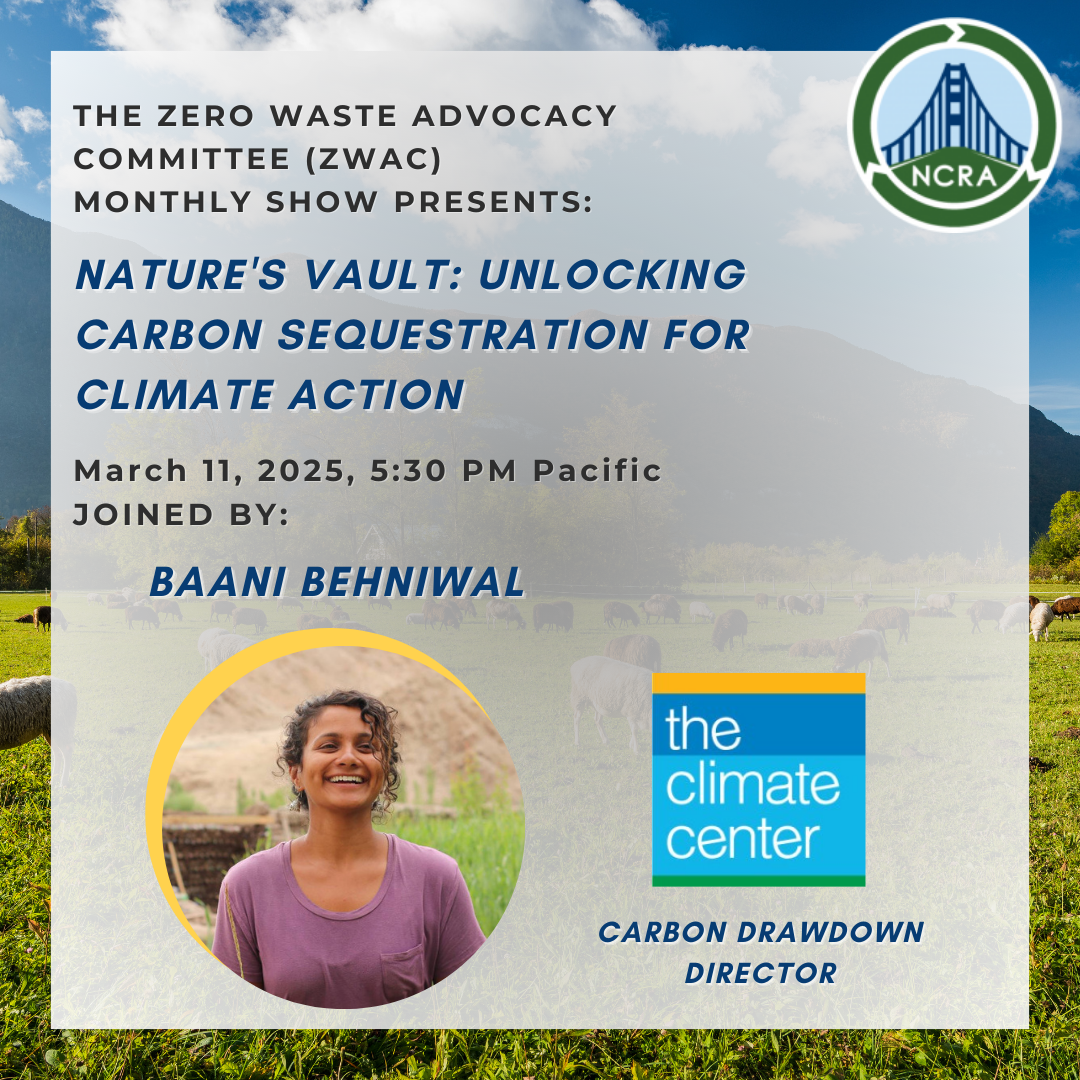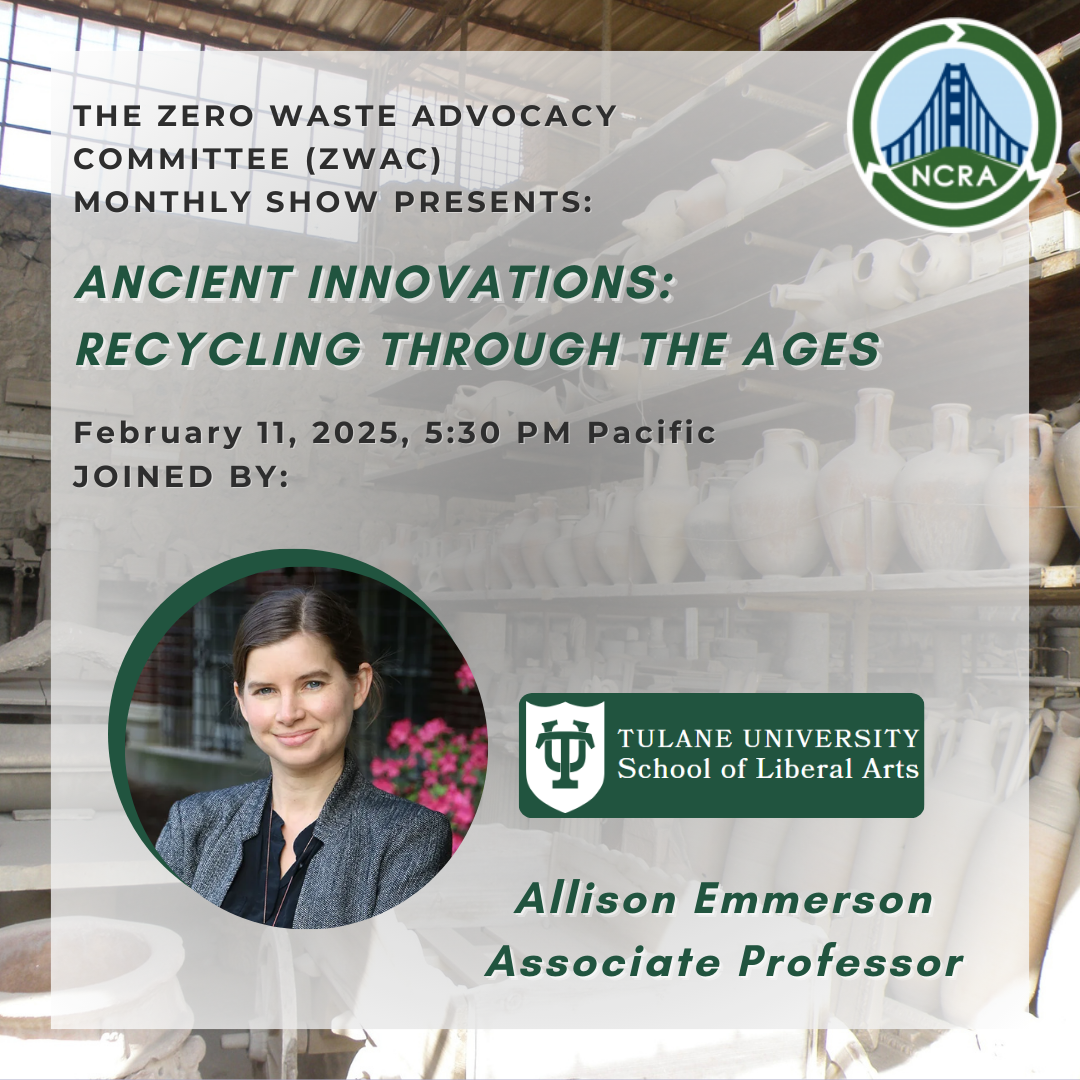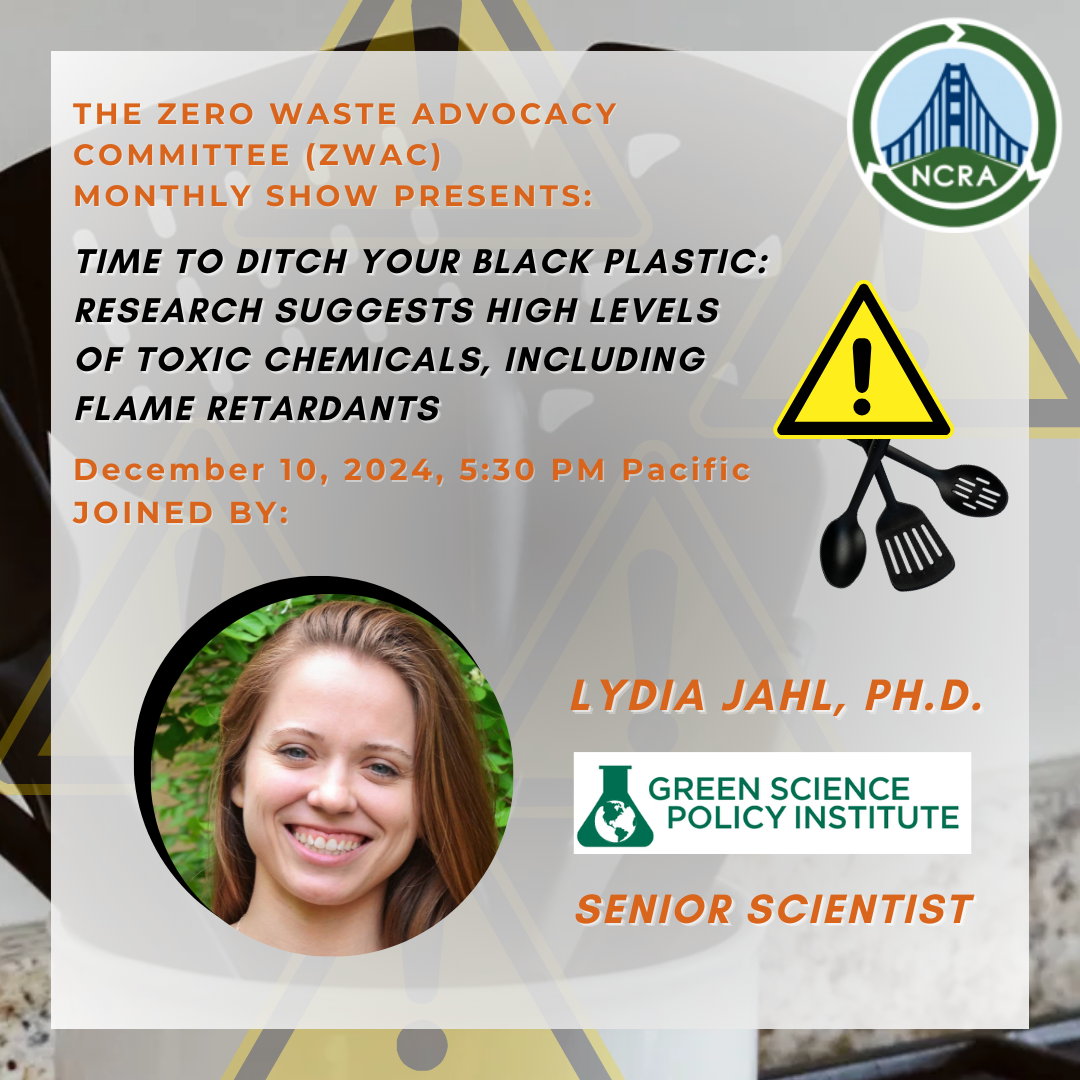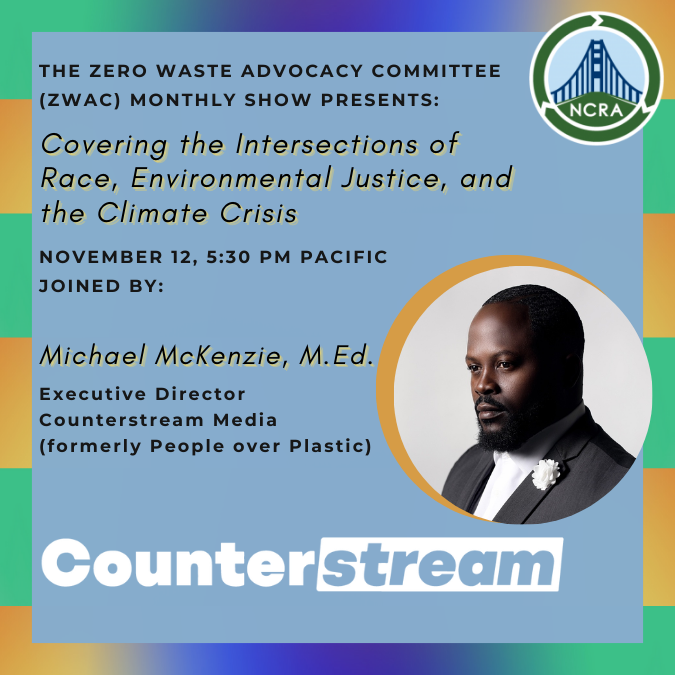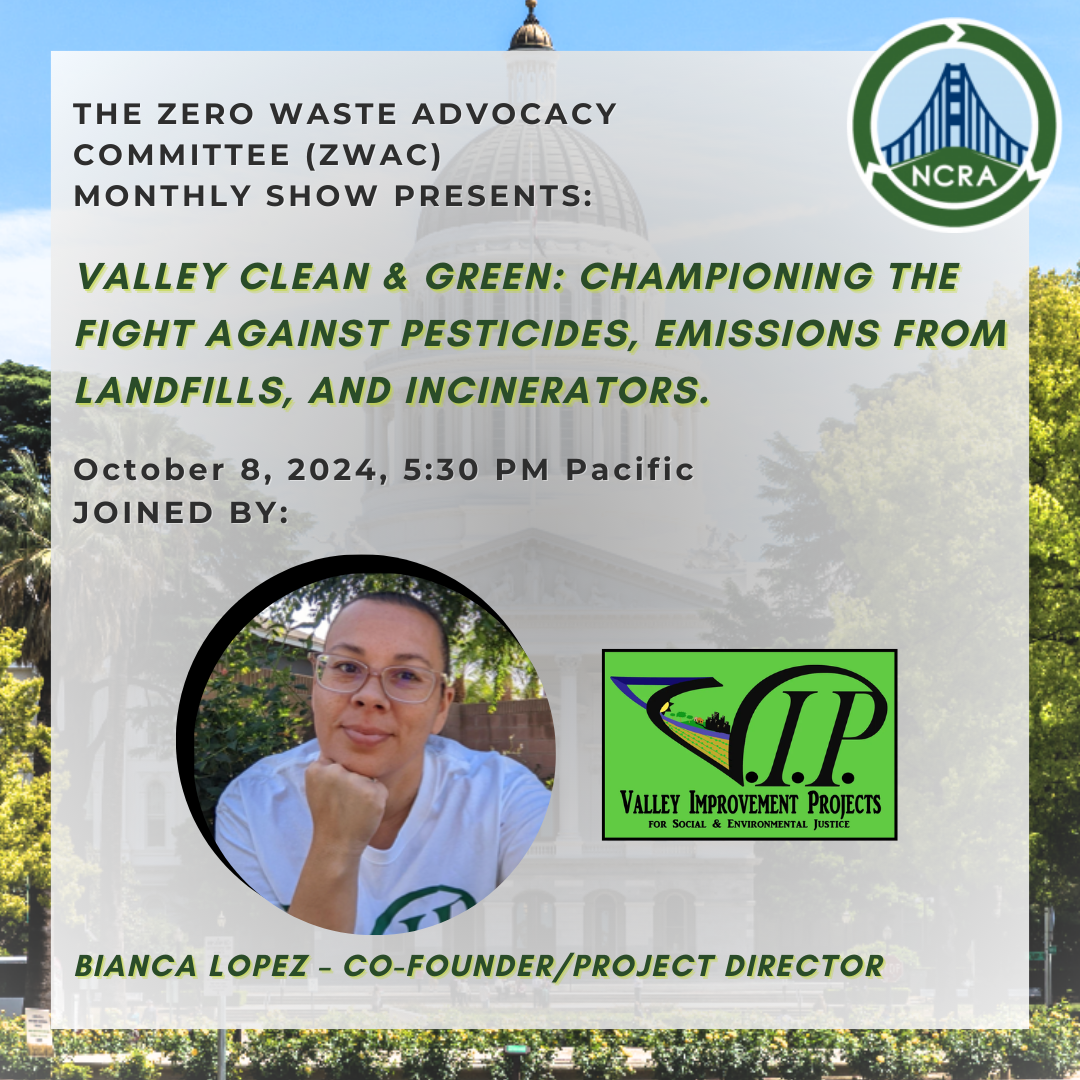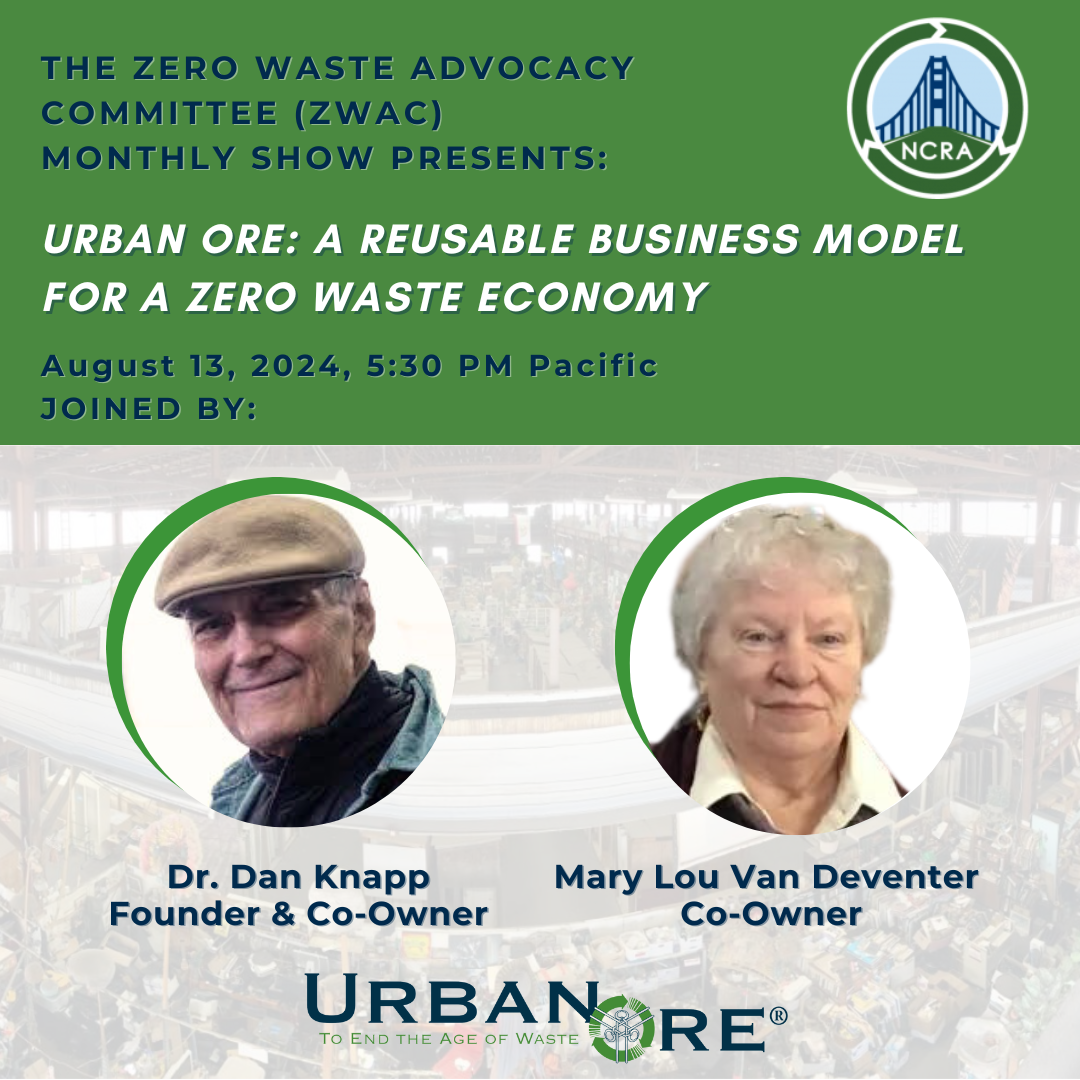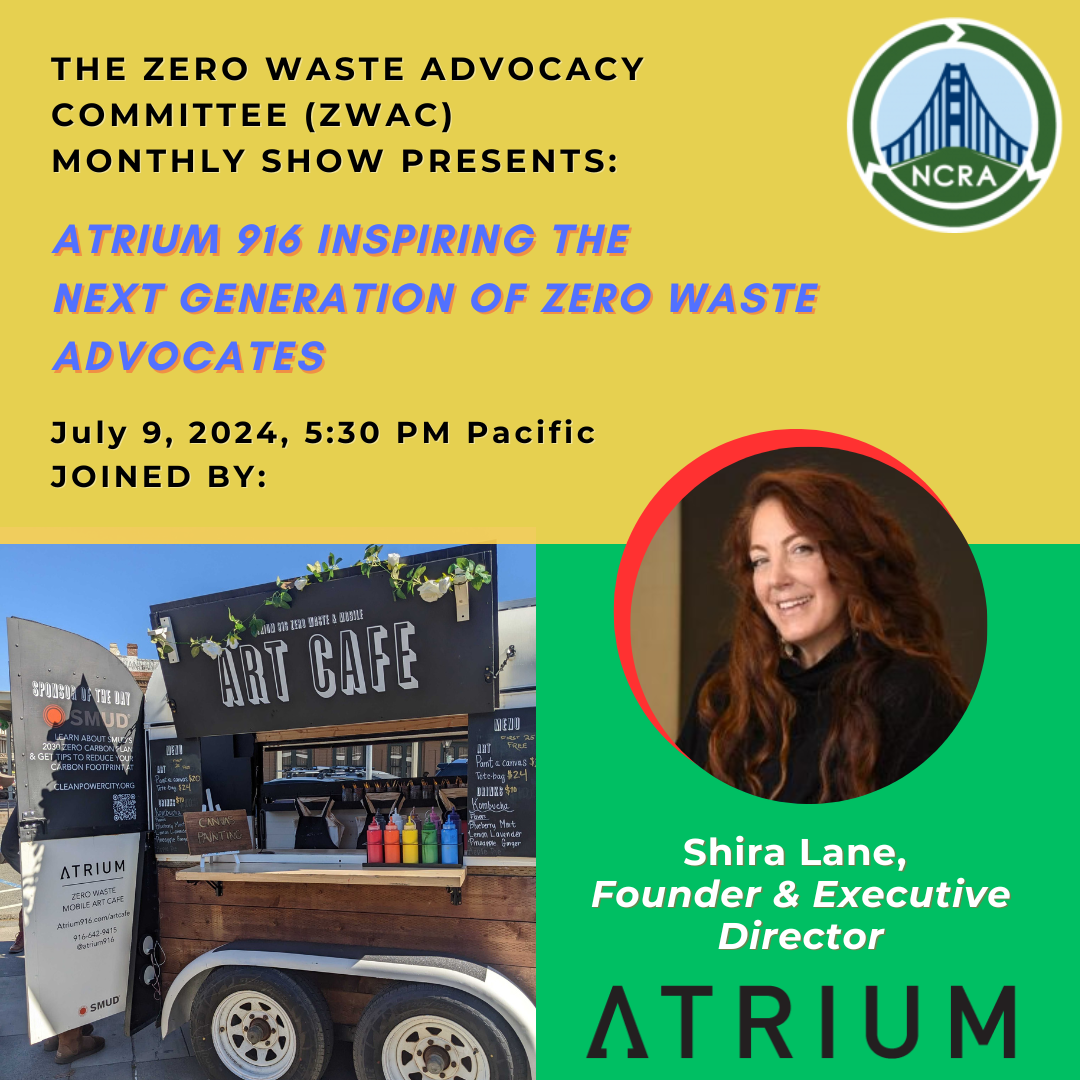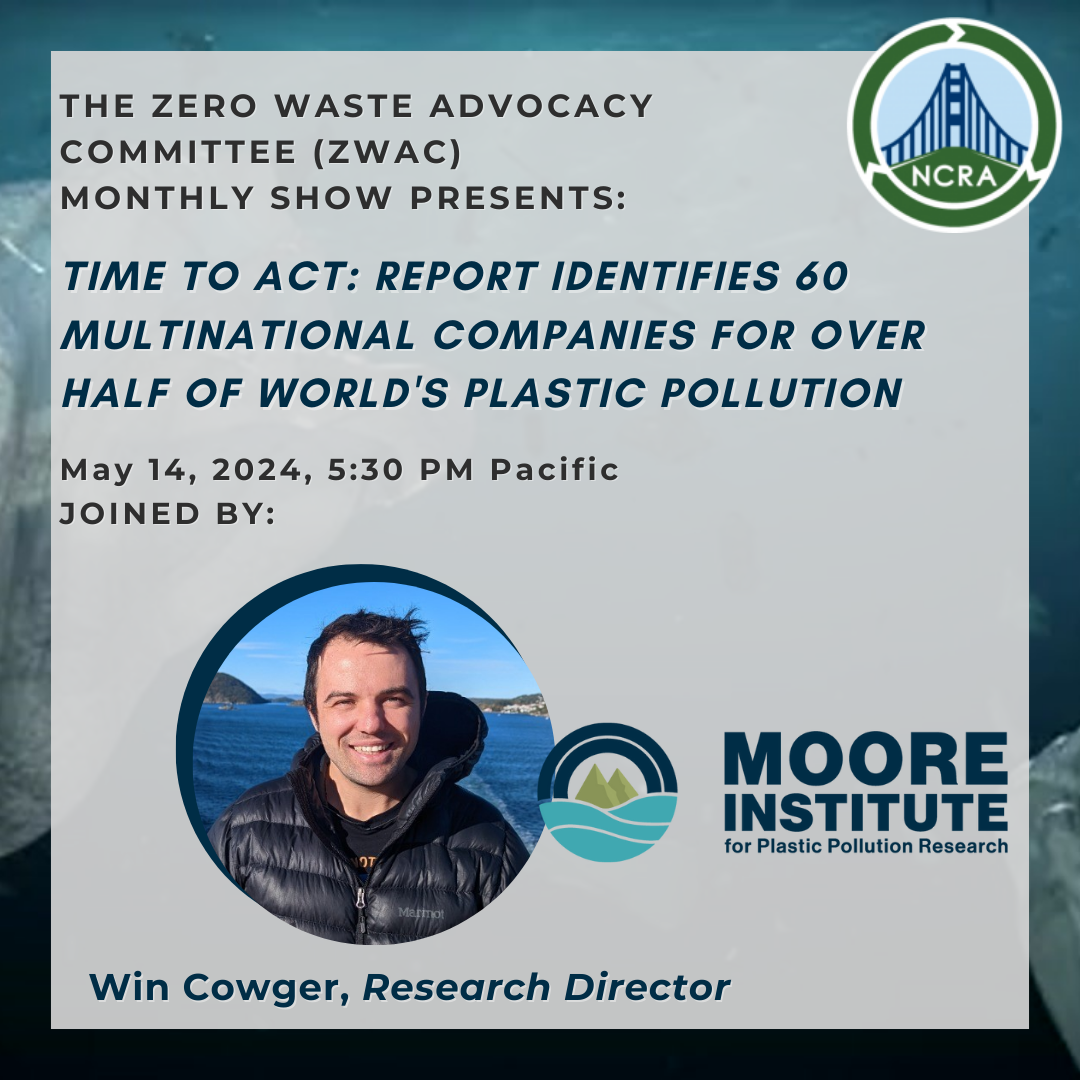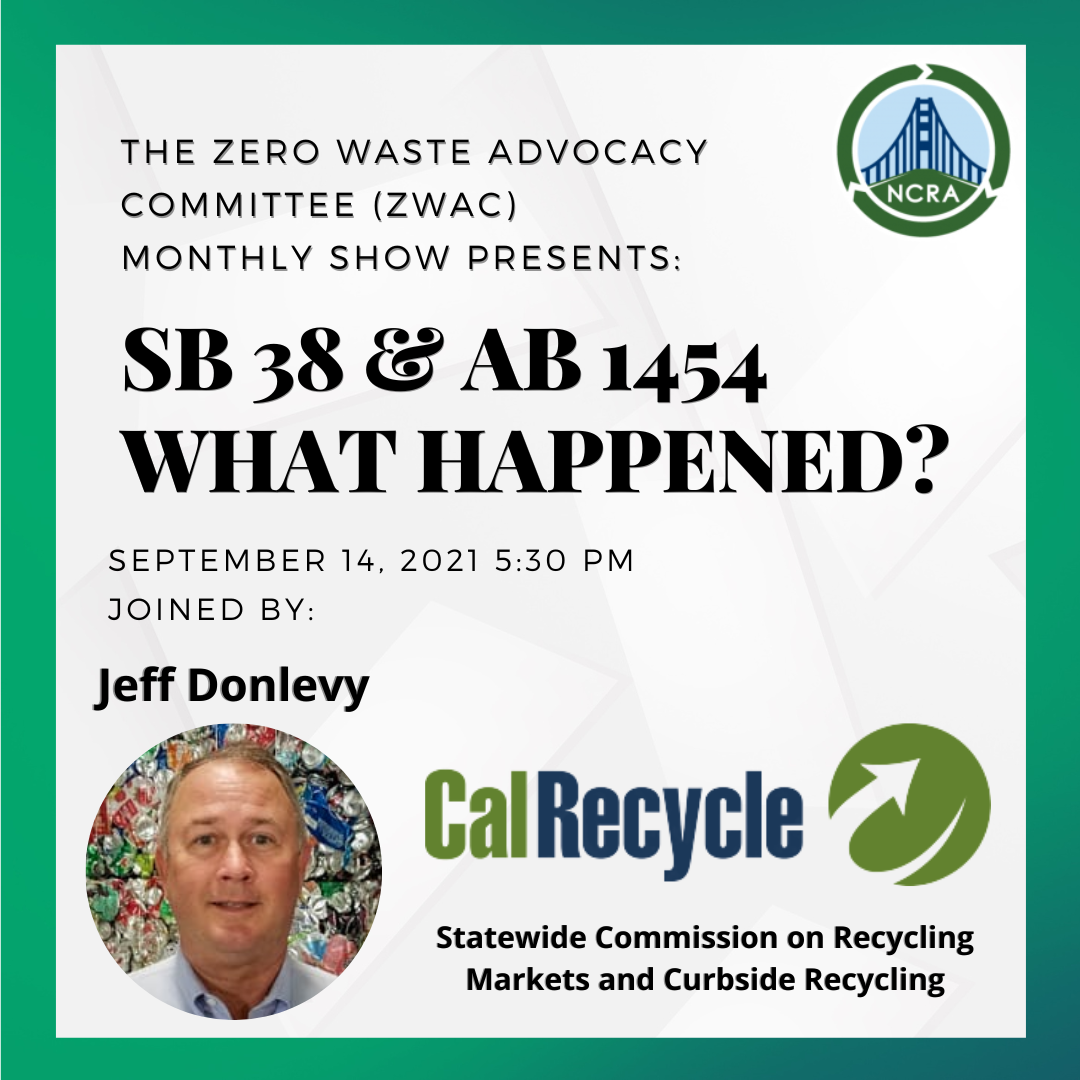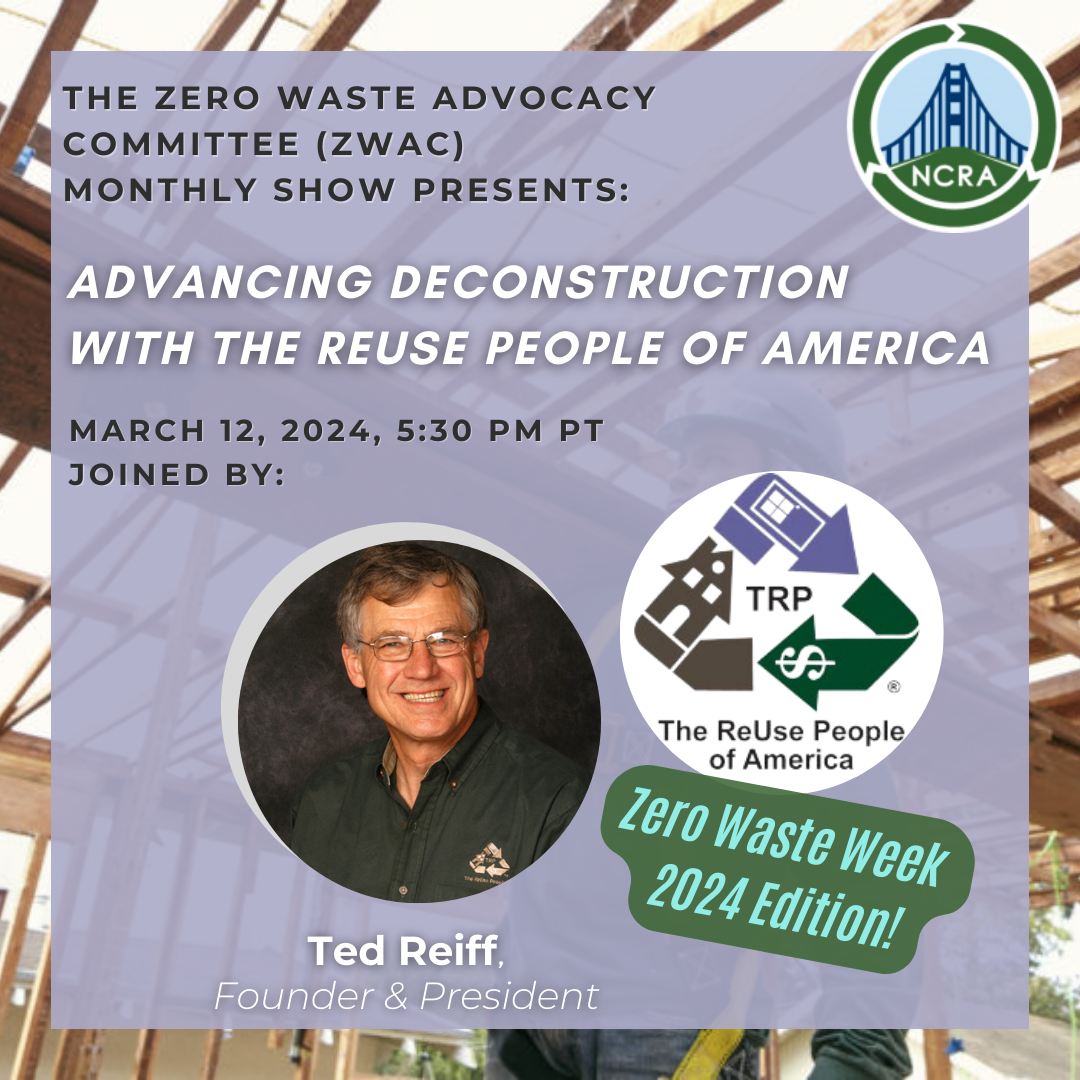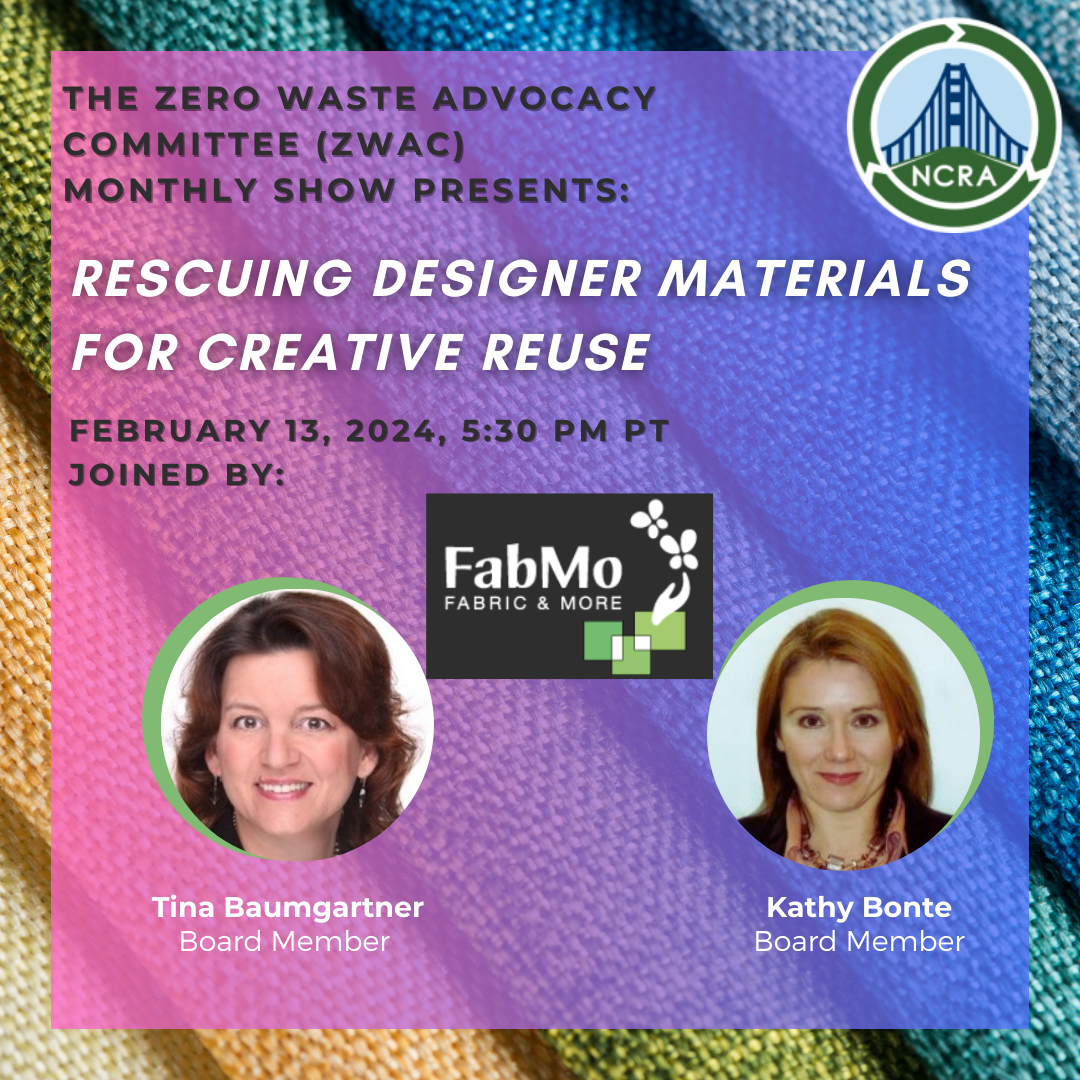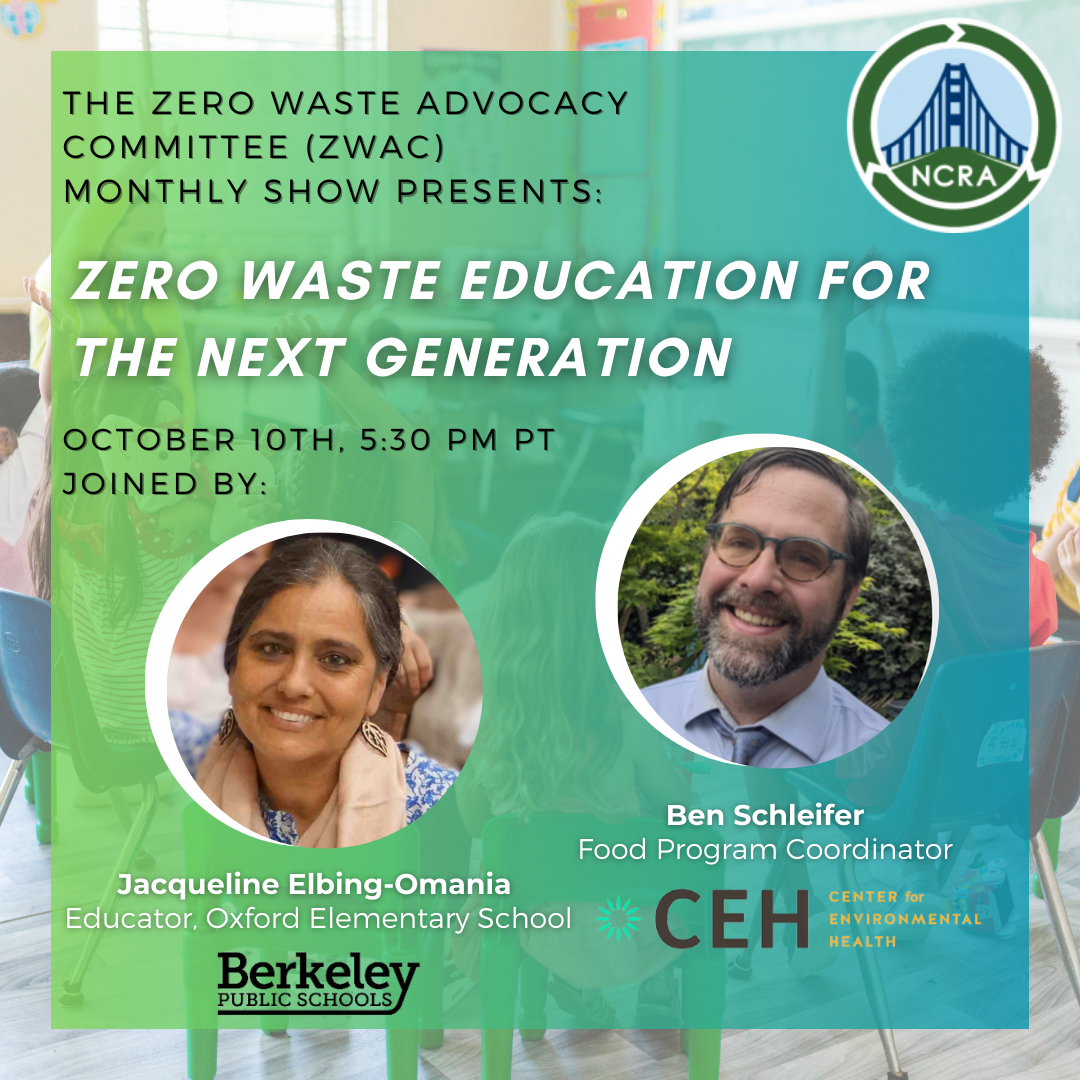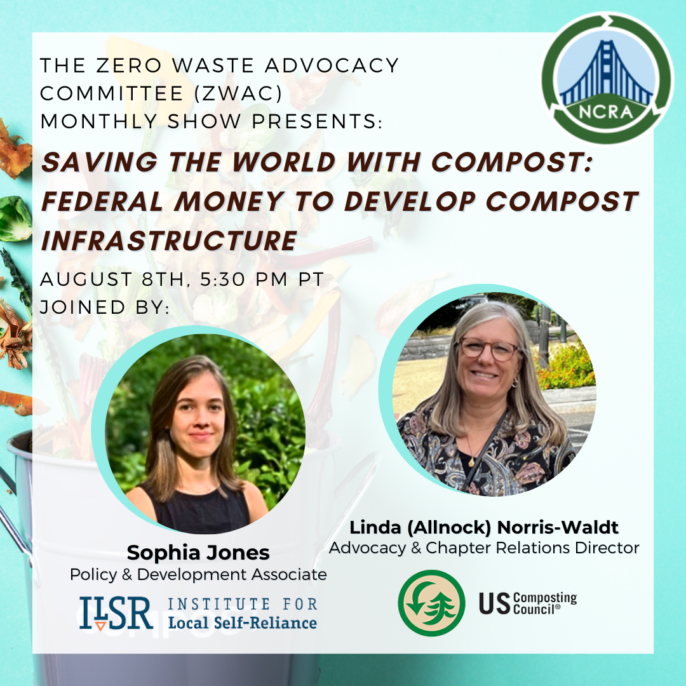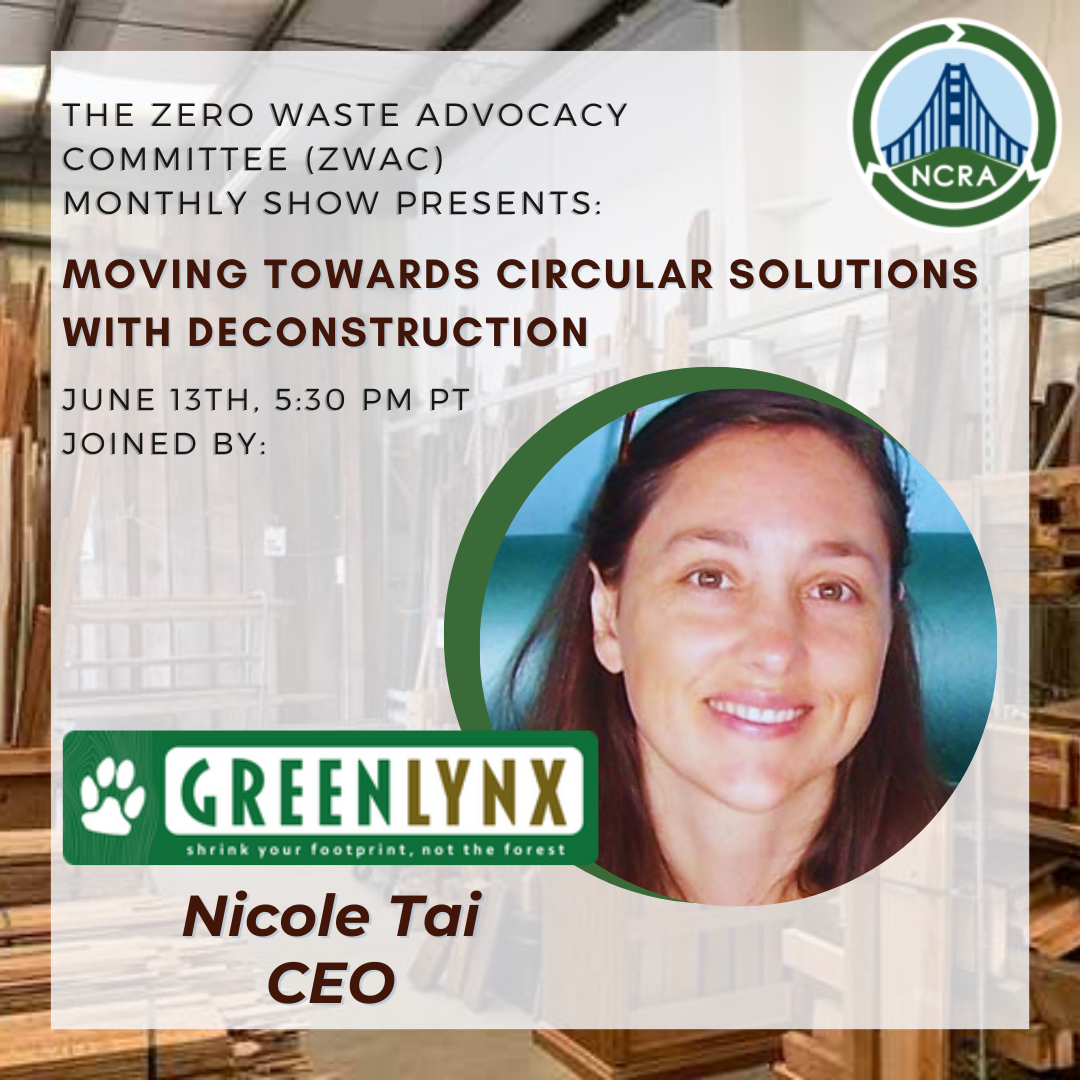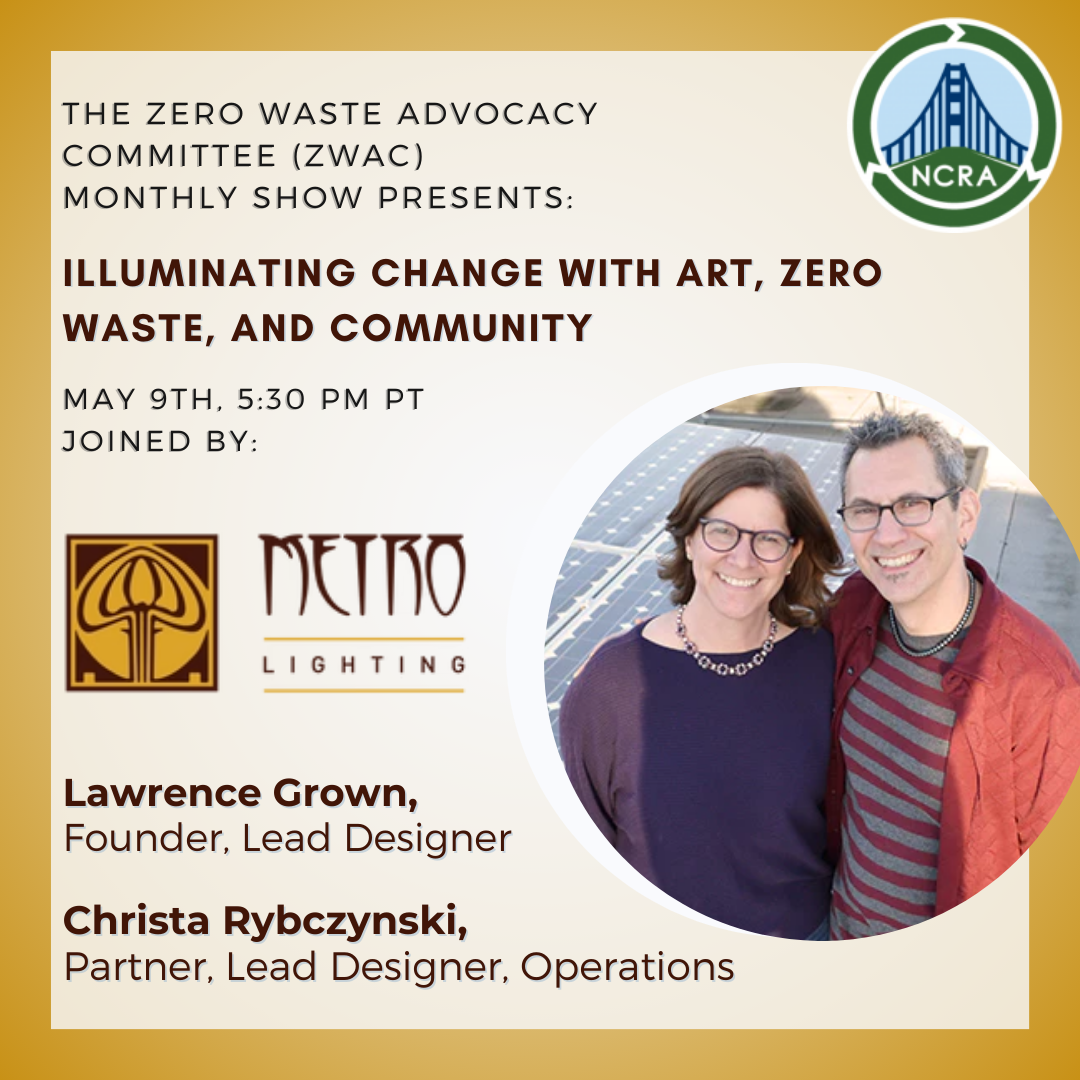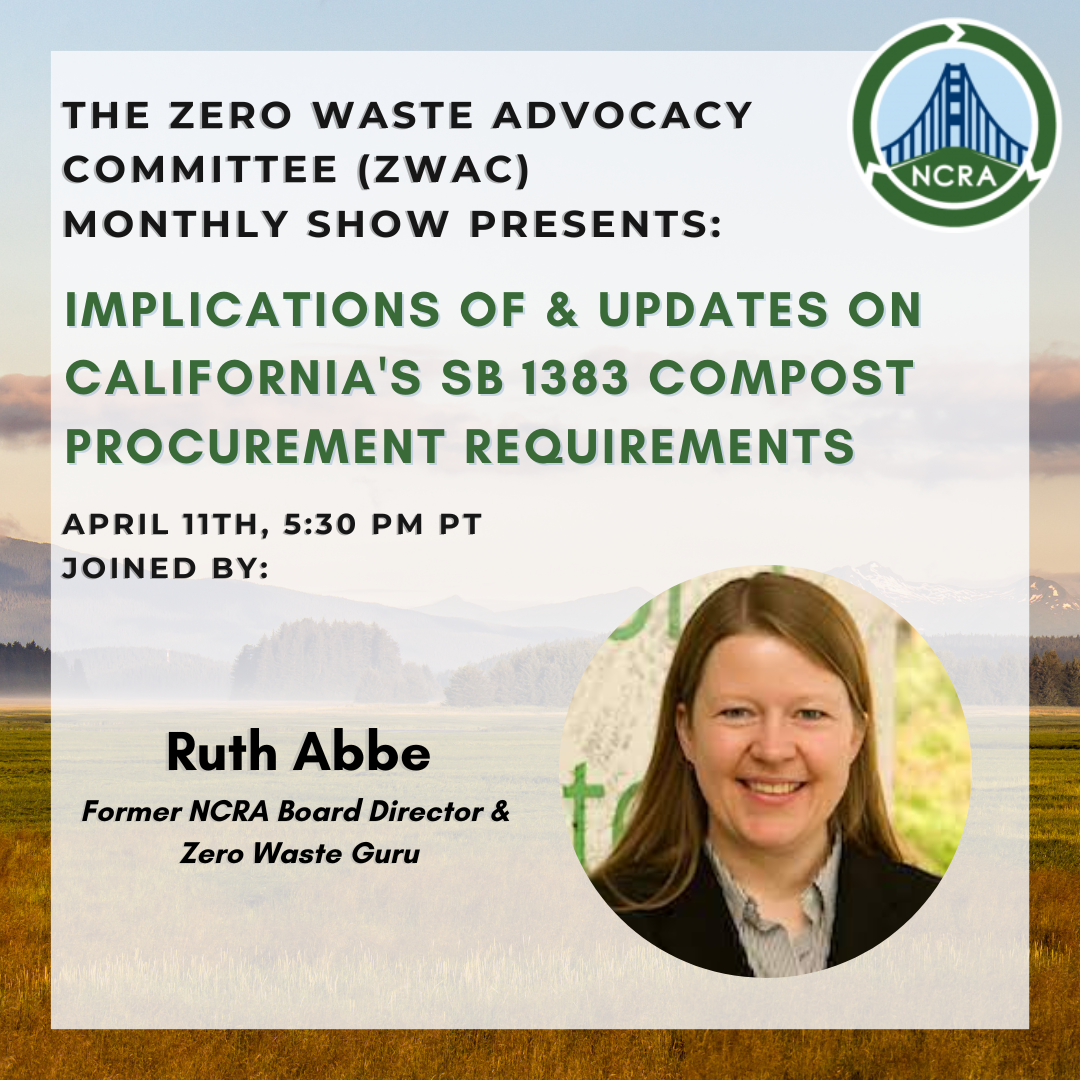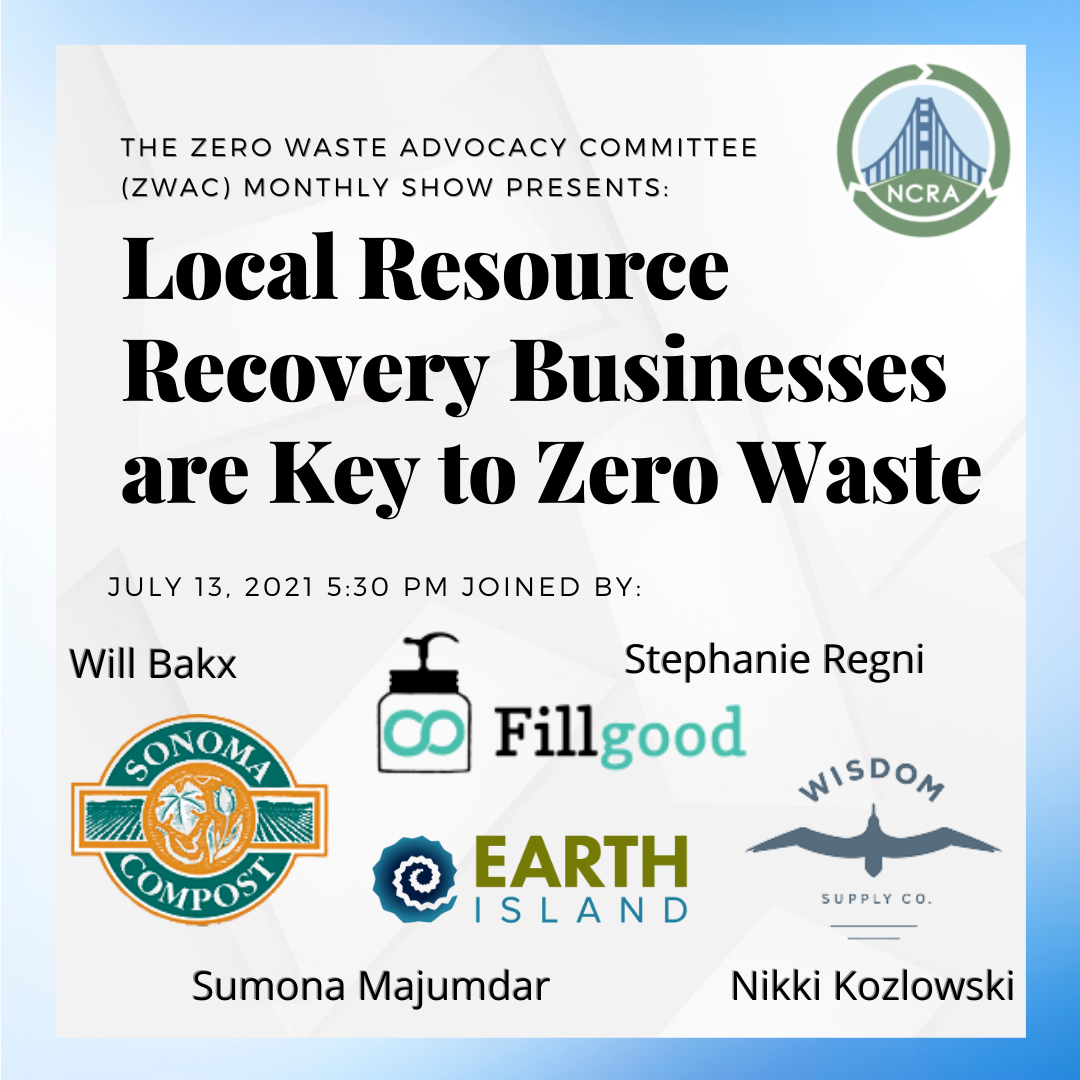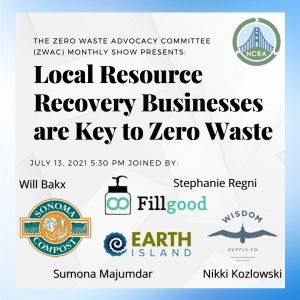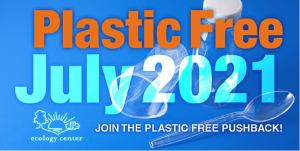Five members – including 3 incumbents, have submitted ballot statements to serve on the 2022 NCRA Board of Directors. There are six two-year positions to fill. Voting opens Monday, November 29, 2021, and ends Monday, December 13, 2021, at 11:59 pm.
Custom voting links will be emailed to members on November 29. If you do not receive our email but believe you should (i.e. your membership is current as of November 28, 2021), please contact the office and we will email the link again.
NCRA BOARD OF DIRECTOR CANDIDATES, 2022-2023
 Bailey Hall – Member since 2019 – After 2.5 years of being submerged in the world of solid waste, I’m confident this is my forever career path. I’ve been a NCRA member since 2019, and I’d be honored to serve on the board.
Bailey Hall – Member since 2019 – After 2.5 years of being submerged in the world of solid waste, I’m confident this is my forever career path. I’ve been a NCRA member since 2019, and I’d be honored to serve on the board.
As a Zero Waste Coordinator with the City of Sunnyvale, I spearhead the City’s communications on waste reduction, recycling right, and our food scraps program. I aim to inspire behavior change through flyers, presentations, student lessons, and social media posts. As an example, I coordinated and starred in YouTube videos with tens of thousands of views about how residents can make our food scraps program convenient and mess-free. I took my love of food scraps a step further by writing and co-starring in my NCRA Players 2021 debut: “Foodhemian Scrapsody”. I also debunk recycling myths and encourage zero waste practices through a regular column in our City-wide newsletter called “Talkin’ Trash”. I’m responsible for the garbage/recycling needs for Sunnyvale multi-family complexes, and now lead their transition to recycling organics.
If elected, I will bring my effective outreach experience to the Communications and Activities committees. I welcome the opportunity to support NCRA communications and connect members with courses, tours, and crucial zero waste updates. I’d love to deepen my involvement with this pioneering organization.
Devin Joseph Guilford Jackson –member since 2020
My name is Devin Jackson. I am submitting my first-time candidacy to serve on the 2022 – 2023 NCRA Board. I am a STEM teacher, Environmental Sustainability Coordinator, 2021 CCC Leadership in Sustainability Award Winner, Recycle SMART “green” educator, 2018 “Bronze” CA Green Ribbon School Award Winner, certified Climate Change educator with National Geographic Explorers, NASA GLOBE Educator, NOAA Ocean Guardian educator & Vice President of a K-8 environmental education non-profit called Outside the Box 925. I have a strong connection and passion for nature, environmental sustainability, eco-literacy, water conservation, alternative energy, resource conservation, recycling, composting and other waste/landfill diversion practices, which are linked to the UN Climate Principles. I have been a member of NCRA for one year. NCRA has played an integral role in my pathway as an environmental sustainability coordinator to guide and support future Zero Waste schools and districts. I am currently the sole teacher on the NCRA committee for CA Zero Waste Schools. I am looking forward to contributing to and supporting NCRA and the school committee in new ways as my career expands with new opportunities unfolding. If you feel I would bring value to the board, then please support me to be elected to the 2022 – 2023 NCRA Board.
INCUMBENTS
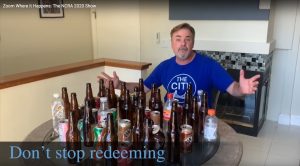 David Krueger – member since 2000 – I would be honored to continue to serve for two more years on the NCRA Board. I have been a NCRA member for 20+ years and I’ve served as Treasurer and President. I am currently the Solid Waste Programs Division Manager for the City of Sunnyvale, working towards our Zero Waste goal. I have previously served on the Alameda County Source Reduction and Recycling Board and the CRRA Board of Directors. You may have seen me “performing” with the infamous NCRA Players.
David Krueger – member since 2000 – I would be honored to continue to serve for two more years on the NCRA Board. I have been a NCRA member for 20+ years and I’ve served as Treasurer and President. I am currently the Solid Waste Programs Division Manager for the City of Sunnyvale, working towards our Zero Waste goal. I have previously served on the Alameda County Source Reduction and Recycling Board and the CRRA Board of Directors. You may have seen me “performing” with the infamous NCRA Players.
If allowed to continue to serve on the Board I will strive to increase NCRA’s membership and to expand our diversity in all of it’s forms: Race, ethnicity, gender, orientation, age, geography, occupation, and opinion. Upcoming challenges in the next few years include helping our members to implement SB 1383, reducing plastic pollution, and finding the most effective mix of virtual and in-person meetings, trainings, workshops, and events. The Plastics Free California Initiative will be on the ballot November 8, 2022 and should be a major focus of NCRA advocacy. I also believe that NCRA should take the lead in the effort to save the State’s buyback centers.
One of my goals for the NCRA Board is to enhance our training and professionalism and to have a long-term plan to recruit and develop future leaders. In order to ensure continuity and stability, I suggest that NCRA consider hiring a part-time Executive Director and asking former Board members to serve as advisors.
I am dedicated to NCRA’s continued role as a cutting edge leader in the Zero Waste movement, providing our members with opportunities for education, idea-sharing, benchmarking, debate, networking, and advocacy. I humbly ask for your vote.
 Tim Dewey-Mattia – member since 2011 – I’m submitting my statement for reelection to the NCRA Board. I was first elected to the NCRA Board 6 years ago, and I kindly ask the membership for a chance to serve another term. I’m the Recycling & Public Education Manager for Napa Recycling & Waste Services. Napa Recycling is the local franchise hauler in Napa, as well as the operator of Napa’s Recycling & Composting Facility (come visit…tours are back and we’ve got cool upgrades to show off!).
Tim Dewey-Mattia – member since 2011 – I’m submitting my statement for reelection to the NCRA Board. I was first elected to the NCRA Board 6 years ago, and I kindly ask the membership for a chance to serve another term. I’m the Recycling & Public Education Manager for Napa Recycling & Waste Services. Napa Recycling is the local franchise hauler in Napa, as well as the operator of Napa’s Recycling & Composting Facility (come visit…tours are back and we’ve got cool upgrades to show off!).
I got my start in Zero Waste 25 years ago – first with the Middlebury College recycling program, and then for non-profit recycling organizations in San Francisco. I’ve been at Napa Recycling for 16 years and work on all aspects of program development, implementation and outreach…plus I’ve talked about earthquakes, chickens & fires at Recycling Update.
As NCRA board member and co-chair of the Outreach & Activities Committee, I’ve helped coordinate events, organize facility tours, & fundraise for Recycling Update. I believe NCRA can and should be a leader in the hot topics of the day, including increasing organics diversion with the SB 1383 rollout, advocating for diversity, equity, inclusion and justice in the industry, and supporting critical Zero Waste legislation and policy.
NCRA and our members are Zero Waste pioneers, and I am honored to help carry that forward. We are a collaborative, passionate, and down-to-earth bunch, and I’d be pleased to continue to serve on the Board.
 Susan Blachman – member since 2011 – I am running for re-election to the NCRA board in order to help NCRA continue to support our members, further promote zero food waste, the end of plastic and generally serve this great organization.
Susan Blachman – member since 2011 – I am running for re-election to the NCRA board in order to help NCRA continue to support our members, further promote zero food waste, the end of plastic and generally serve this great organization.
I have been co-chairing the Zero Food Waste Committee:
-
2014 helped establish NCRA’s Zero Food Waste Committee
-
Contributed to Commercial Food Waste Reduction in Alameda County report
-
2018 helped organize the second Zero Food Waste Forum.
-
2019-present helped organize Zero Food Waste Webinars focused on SB1383
Recordings found on NCRA website; each attended by about 100 people
-
Coordinate with CRRA Edible Food Recovery Technical Council (EFR TC)
If re-elected, I will continue to support NCRA’s zero food waste educational programming and will continue to coordinate our educational and outreach efforts with CRRA’s EFR TC, including compiling local jurisdiction SB1383 resources for anyone (not just CRRA members).
Other NCRA activities:
-
Rep NCRA in multi-stakeholder effort to get Berkeley Unified School District to eliminate single use food ware
-
Participate in NCRA DEI committee, ZWAC’s Clean Seas Coalition and NCRA social media committee
-
Co-Secretary
Thank you for allowing me to serve on the NCRA board; I would be honored if you would vote for me.
# # #

